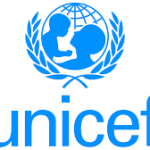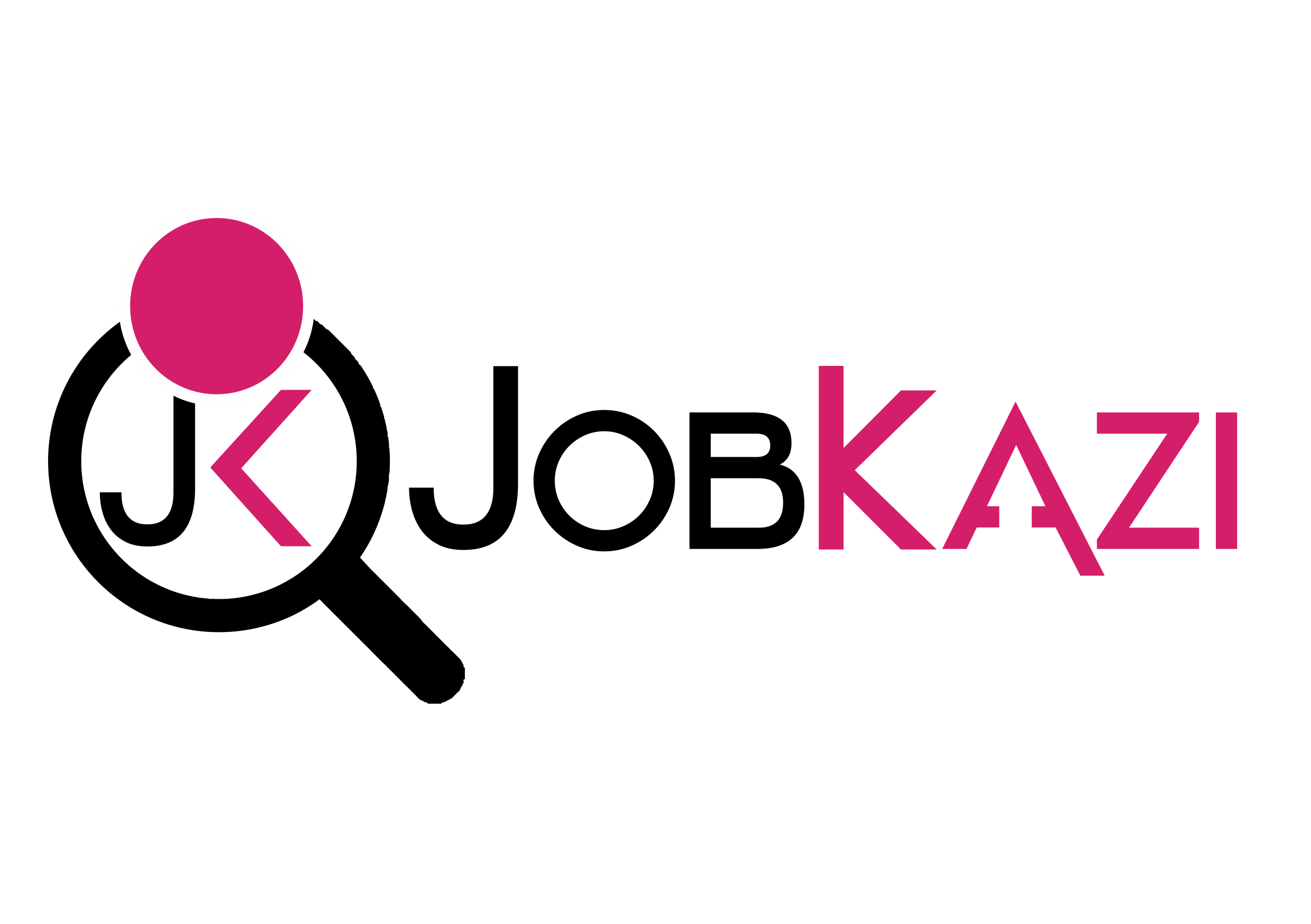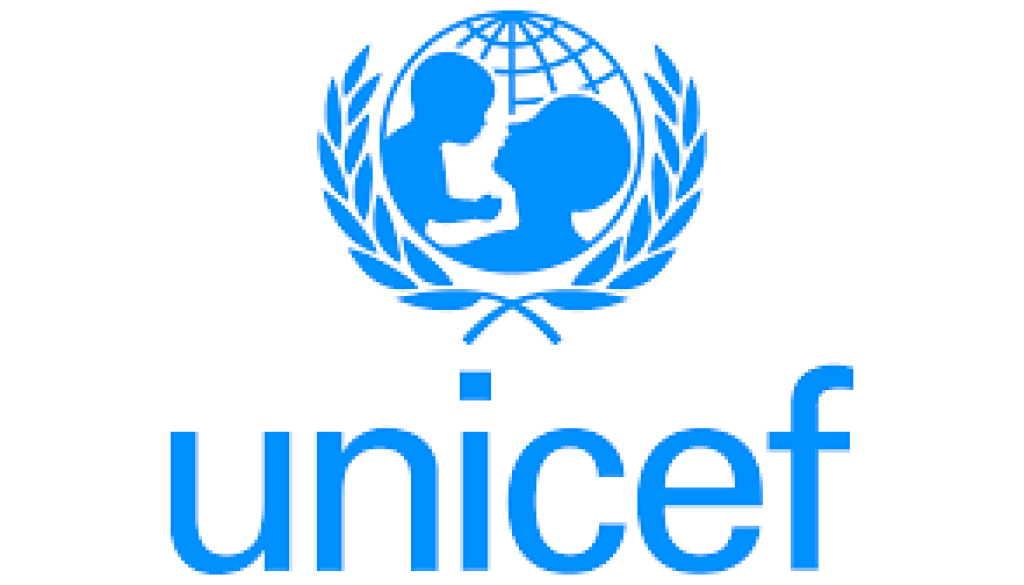Programme Specialist ( PSEA) P-4 Vacancy-Job Ref: JKETUNICEF/1906/202457

UNICEF
Programme Specialist ( PSEA) P-4 Vacancy-Job Ref: JKETUNICEF/1906/202457
Addis Ababa (Ethiopia)
JOB DESCRIPTION
UNICEF works in some of the world’s toughest places, to reach the world’s most disadvantaged children. To save their lives. To defend their rights. To help them fulfill their potential.
Across 190 countries and territories, we work for every child, everywhere, every day, to build a better world for everyone.
And we never give up.
At UNICEF, we are committed, passionate, and proud of what we do. Promoting the rights of every child is not just a job – it is a calling.
UNICEF is a place where careers are built: we offer our staff diverse opportunities for personal and professional development that will help them develop a fulfilling career while delivering on a rewarding mission. We pride ourselves on a culture that helps staff thrive, coupled with an attractive compensation and benefits package.
Visit our website to learn more about what we do at UNICEF.
For every child, Safety
Ethiopia is situated in the Horn of Africa and is the second most populous country on the continent with an estimated population of 115 million. It borders six African countries: Djibouti, Eritrea, Kenya, Somalia, South Sudan, and Sudan, and covers 1,104,300 square kilometers. Approximately 85 percent of the population lives in rural areas. Ethiopia represents a melting pot of ancient cultures with Middle Eastern and African cultures evident in the religious, ethnic, and language composition of its people.
Over the past two years, children and their families across Ethiopia faced multiple and complex emergencies, such as the conflict in the northern Ethiopia and the drought, which resulted in millions of people in need of urgent humanitarian assistance. UNICEF has programmes in Child Protection, WASH, Health, Nutrition, Social Policy, and Education and serves over 15 million children in Ethiopia. Join UNICEF Ethiopia to contribute to improving the lives of children and women.
How can you make a difference?
Roles and responsibilities:
Participate in PSEA Network coordination meetings and documentation.
Participate in the PSEA Network coordination meetings and events in Addis Ababa, as well as working with the PSEA Network in taking forward actions including:
Development of information sharing and messaging strategies on SEA across the PSEA Network members;
Strengthening the setting up of Community Based Complaints Mechanism for an increased reporting of SEA;
Pursuing the development of outreach and sensitization on SEA in the communities; training PSEA Focal Points and staff from humanitarian organizations;
Responding to complaints that arise, and developing interagency responses to problems that become evident;
Supporting the UN wide knowledge management on PSEA policy and guidance.
Support Appropriate Reporting and response SEA allegations
Support and advise the Country Representative on the reporting of SEA allegations through the internal Notification Alert;
Receive complaints and reports about alleged SEA (from staff, partners, community members and others);
Once a complaint is received:
Ensure that all information pertaining to complaints is handled and referred strictly in line with agreed protocols: the internal UNICEF Notification Alert and inter-agency information sharing procedure agreed with the PSEA Task Force;
Ensure whistle-blowers and alleged victims are interviewed in line with the interviewing protocols
Immediately refer victims to appropriate service providers so that they receive the medical, psychosocial, legal and material support they may need;
In coordination with the Chief of Child Protection in Ethiopia Country Office, ensure that child survivors of PSEA access assistance;
In coordination with the Chief of Child Protection in Ethiopia Country Office, monitor the quality of assistance and follow up provided to survivors of SEA by UNICEF partners;
Work with the Child Protection team to define the modality for monitoring the assistance provided to child SEA survivors by service providers (other than UNICEF implementing partners).
Capacity building and system strengthening
Supporting the UNICEF teams in field offices to institutionalize PSEA efforts within their programmes and operations, monitoring and facilities (e.g. HACT, Supply section, programme component teams, etc.) including support to operationalize reporting mechanisms and on adaptation of tools; and as needed:
Review the existing internal reporting mechanisms to support ECO in strengthening its PSEA risk mitigation and complaints handling mechanism in line with UNICEF and international best practice standards;
To fulfill this commitment, the PSEA Specialist will develop, implement, monitor and report UNICEF Ethiopia Office’s Action Plan on PSEA which focuses on enhancing UNICEF and partners’ capacity to prevent and respond to SEA in line with organizational processes and procedures; supporting the country office in managing and coordinating SEA concerns and allegations, supporting partners to implement internal complaints and investigation procedures; support the implementation of community based complaints mechanism (CBCM); representing UNICEF in PSEA coordination forums including the Ethiopia PSEA Network; together with C4D, and in liaison with the PSEA Network, develop awareness raising materials for UNICEF office and partners:
Ensure that the annual UNICEF Country Office PSEA workplan is operationalized at all levels and with all sectors, develop and disseminate IEC materials in all UNICEF-supported sites;
Provide technical review of Programme Documents and other programme and operational documentation to ensure inclusion and adherence to PSEA requirements in all such documents;
Lead the roll out of partner trainings on PSEA and Child Safeguarding and support the development of internal capacity for further training within the partner organizations;
Manage partners and UNICEF vendors to have PSEA policies and structures in place, aligned with international standards and UNICEF systems; consult and follow up with partners on codes of conduct and safeguarding policies (including beyond PSEA) and risk mitigation plans including technical review and support as required by partners;
Provide technical guidance concerning appropriate prevention and risk mitigation strategies to advance survivor-centered, child-friendly complaint mechanism;
In consultation with the Donor Relations Specialist and Unit, lead office fundraising for PSEA and systematic inclusion of PSEA resourcing within fundraising proposals;
Lead knowledge management for UNICEF Ethiopia on PSEA including developing and updating the sharepoint drive for office staff to access PSEA policy and guidance materials.
The strategic and effective advocacy, planning and formulation of child safeguarding, protection programmes/projects and the achievement of sustainable results, contributes to the achievement of goals and objectives to create a protective environment for children against harm, all forms of violence and ensures their survival, development and wellbeing in society. Achievements in UNICEF-supported programmes and projects in turn contributes to maintaining and enhancing the credibility and ability of UNICEF to provide programme services for mothers and children that promotes greater social equality in the country.
To qualify as an advocate for every child you will have…
An advanced university degree (Master’s or higher) in one of the following fields is required: international development, human rights, psychology, sociology, international law, or another relevant social science field.
A minimum of eight [8] years of relevant professional experience in design, implementation and management of protection or GBV programming and PSEA actions, preferably with the UN and/or international NGO.
Experience working in humanitarian contexts.
Familiarity with the latest developments in PSEA, inter-agency PSEA responses and humanitarian cluster systems.
Excellent communication skills. Proven ability to work independently under stressful conditions and with good coordination with all partners.
Excellent facilitation, training, networking and advocacy skills. Demonstrated ability to work in a multicultural environment and establish harmonious and effective working relationships, both within and outside the organization.
Fluency in English is required. Knowledge of another official UN language (Arabic, Chinese, French, Russian or Spanish) or a local language is an asset.
Please click on the button below to Apply.

